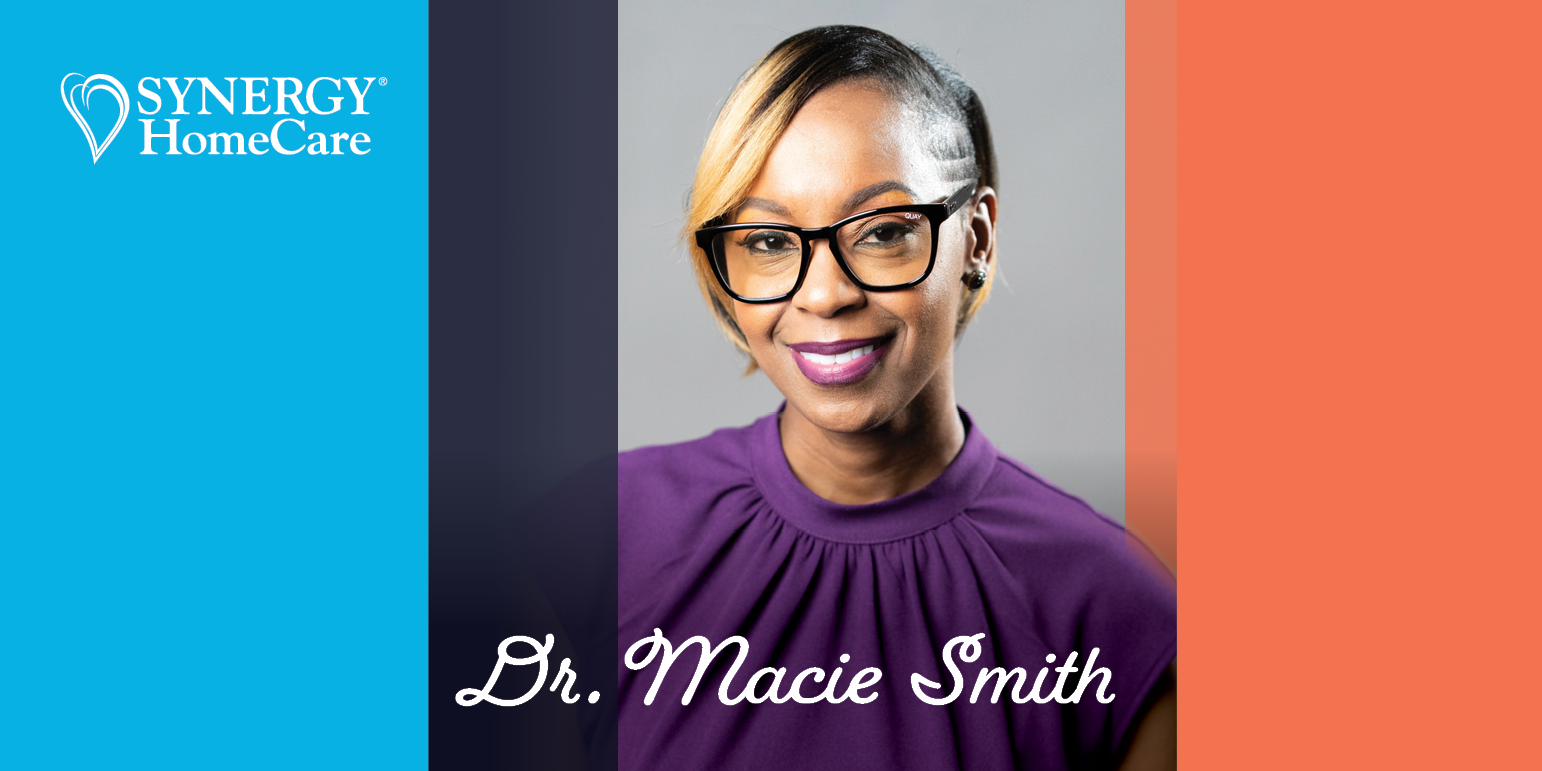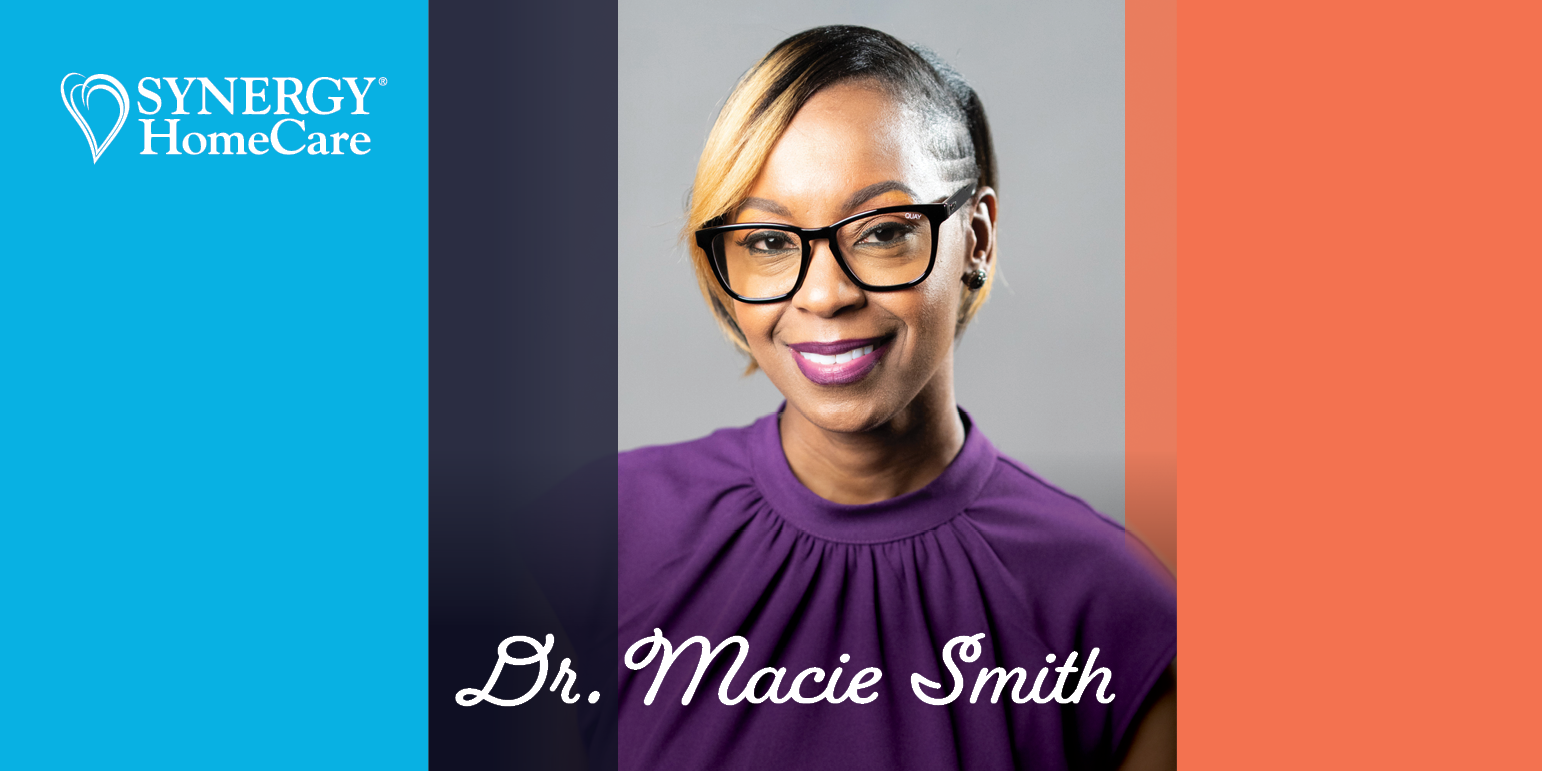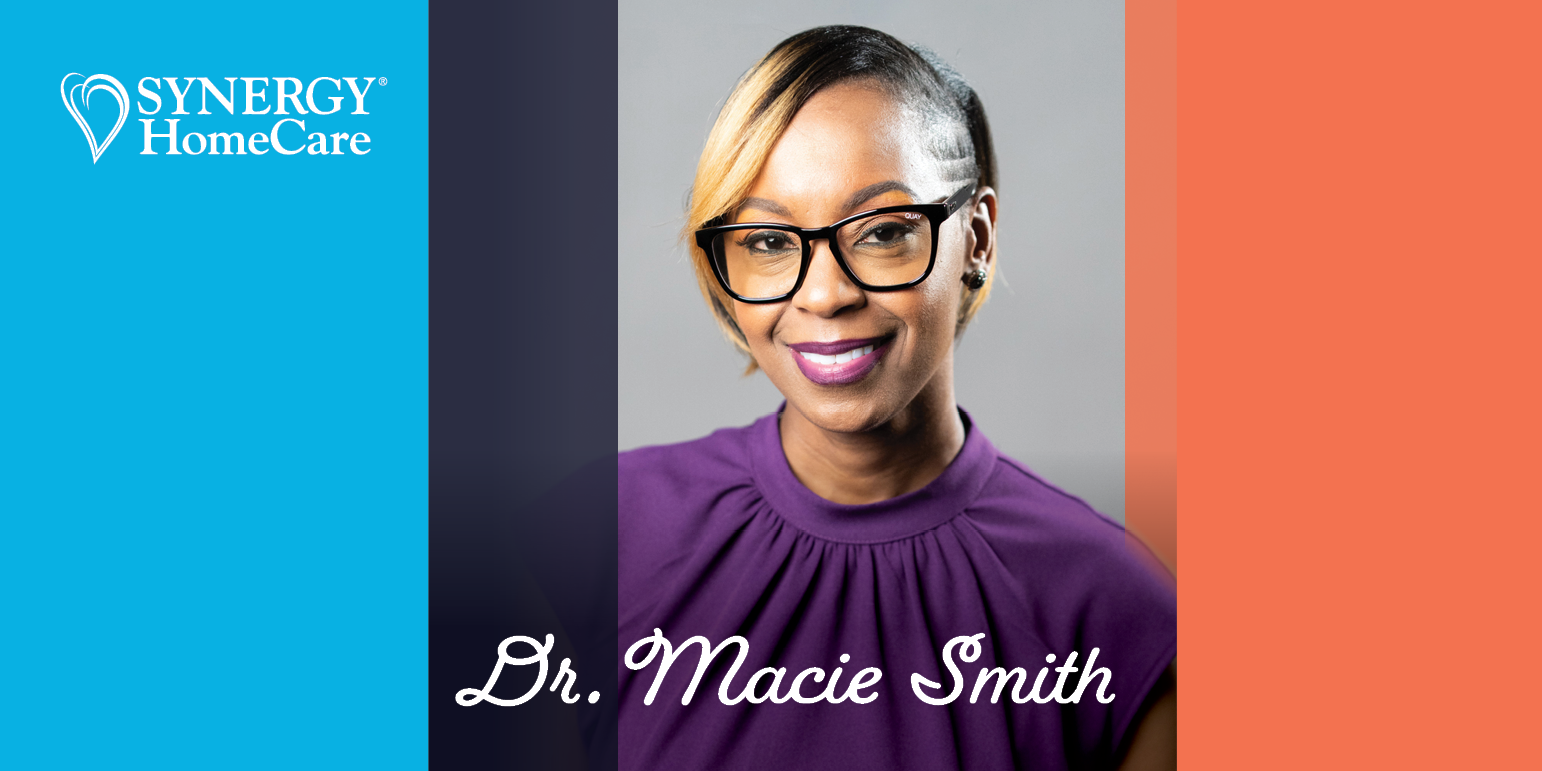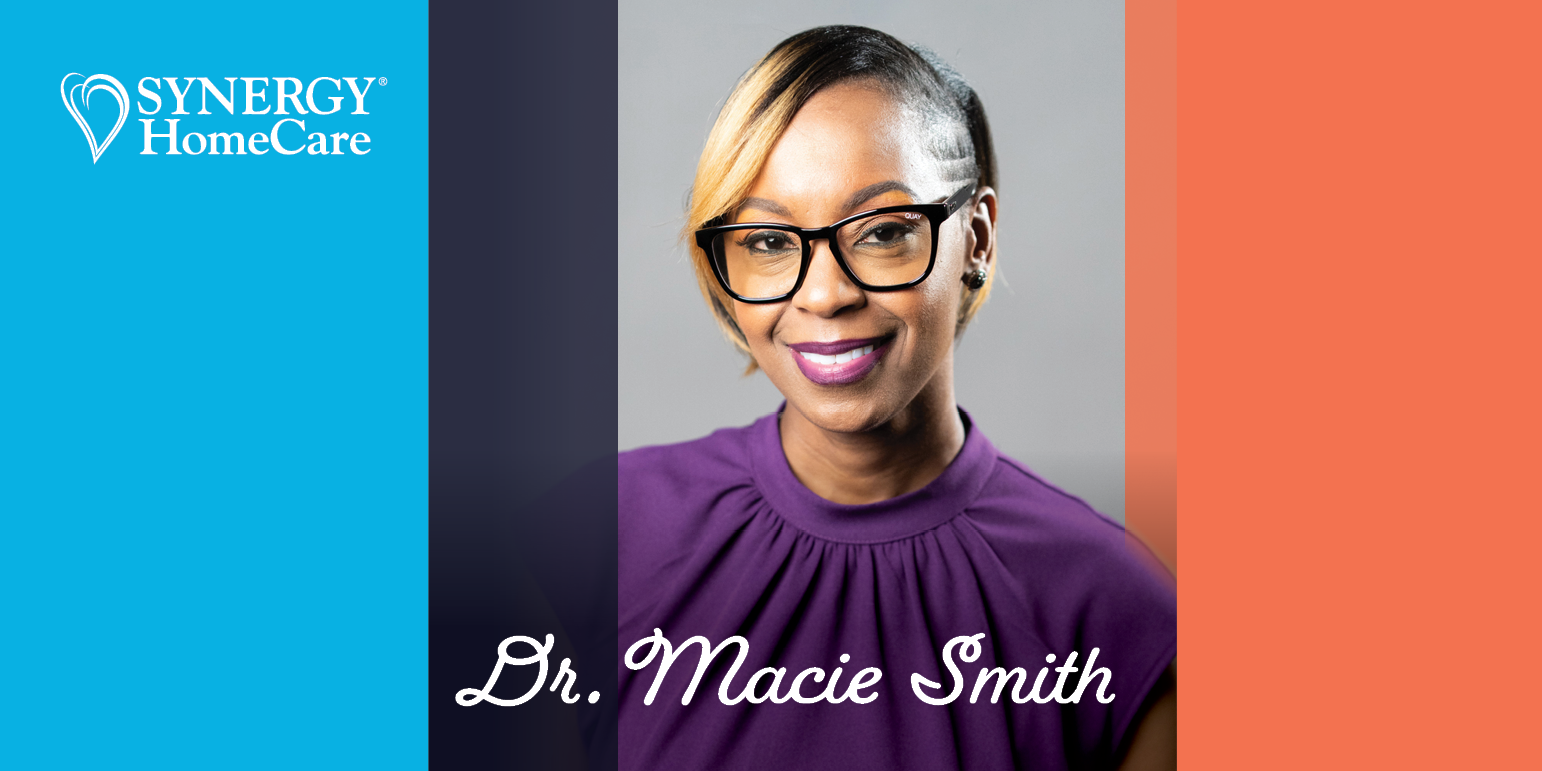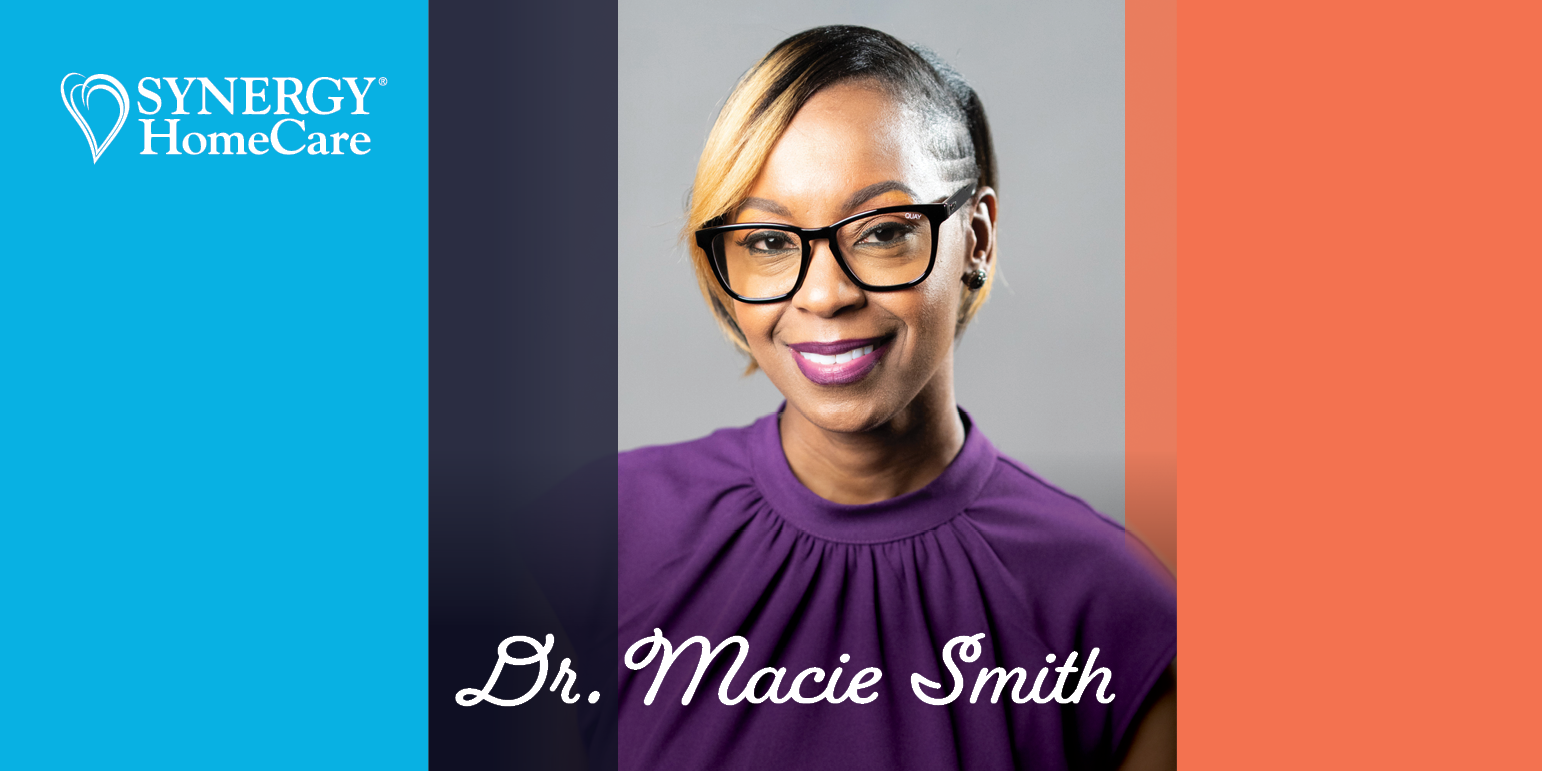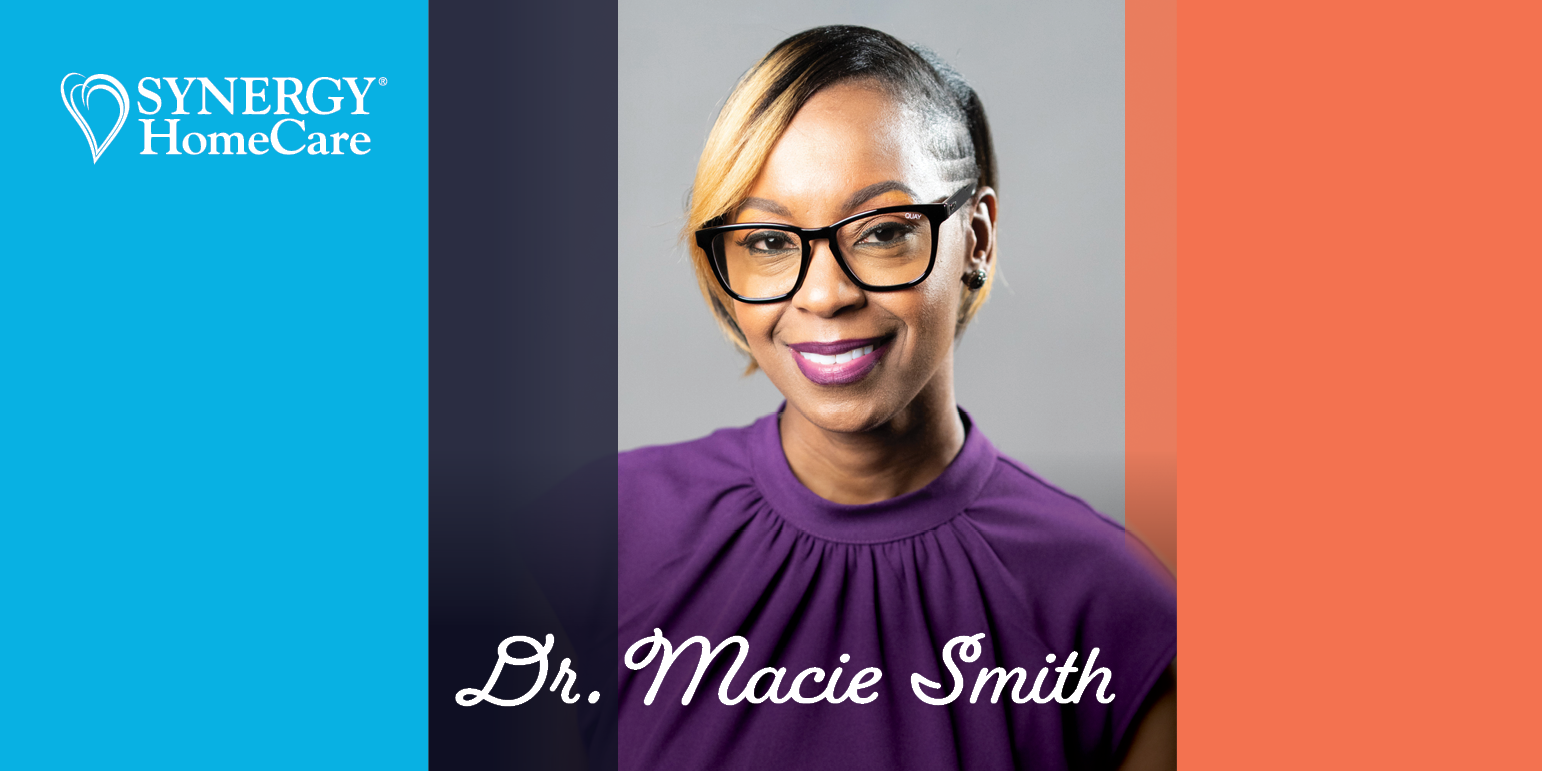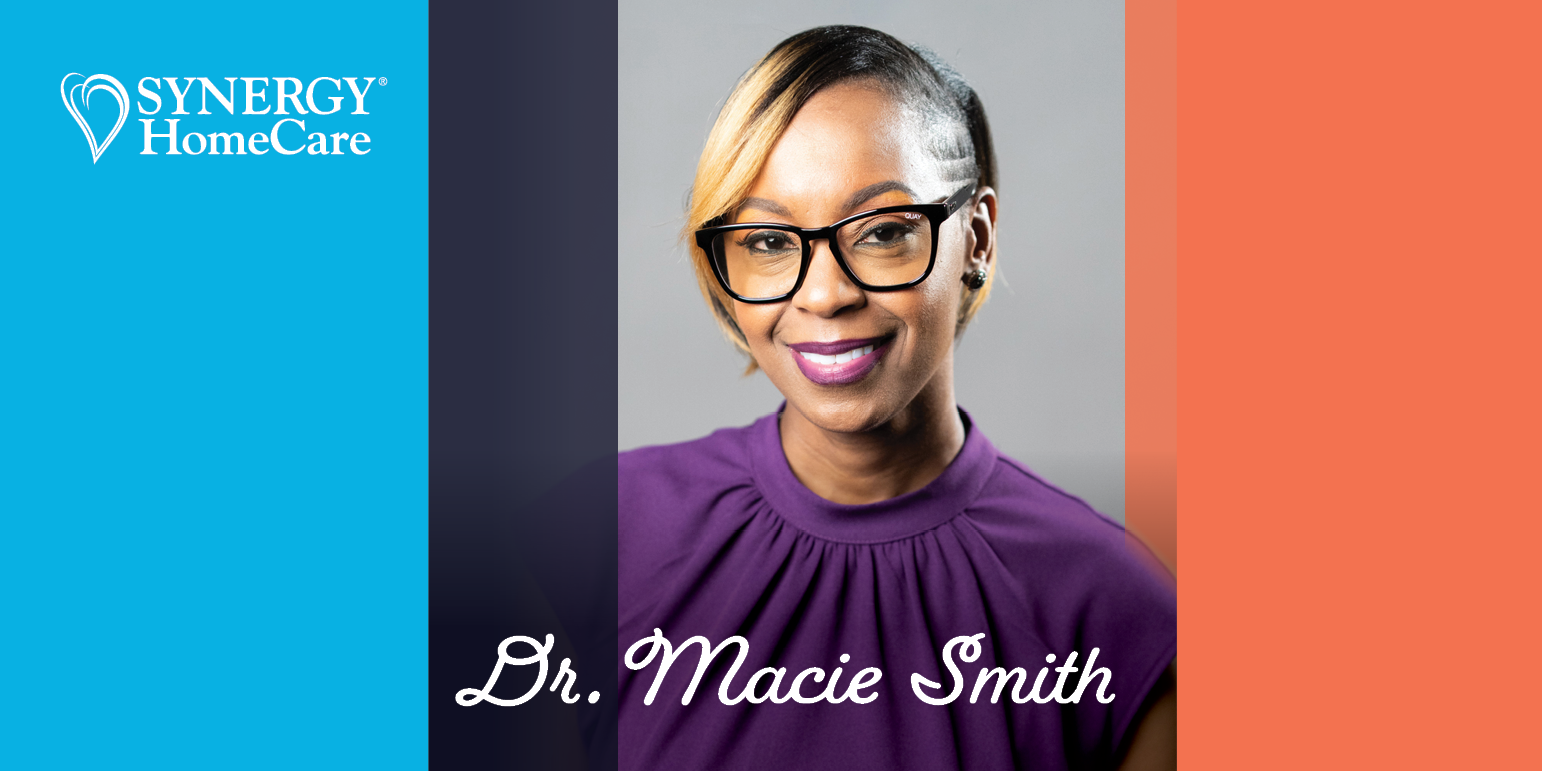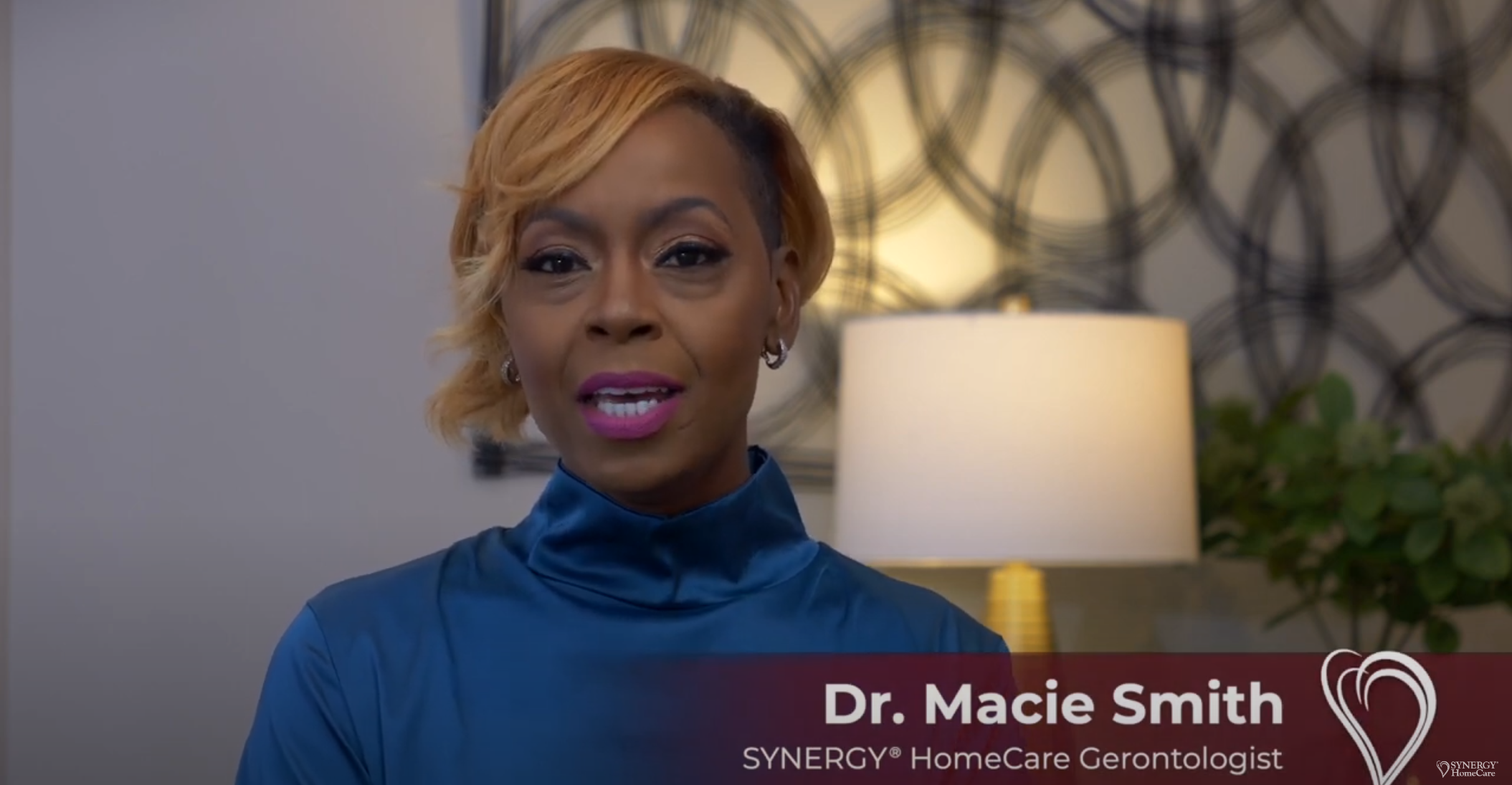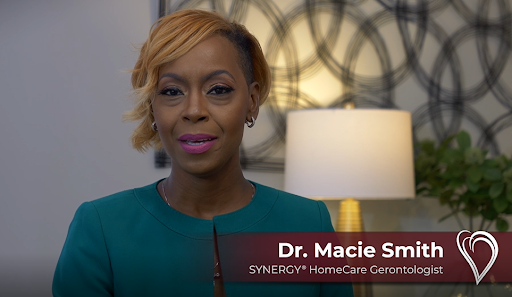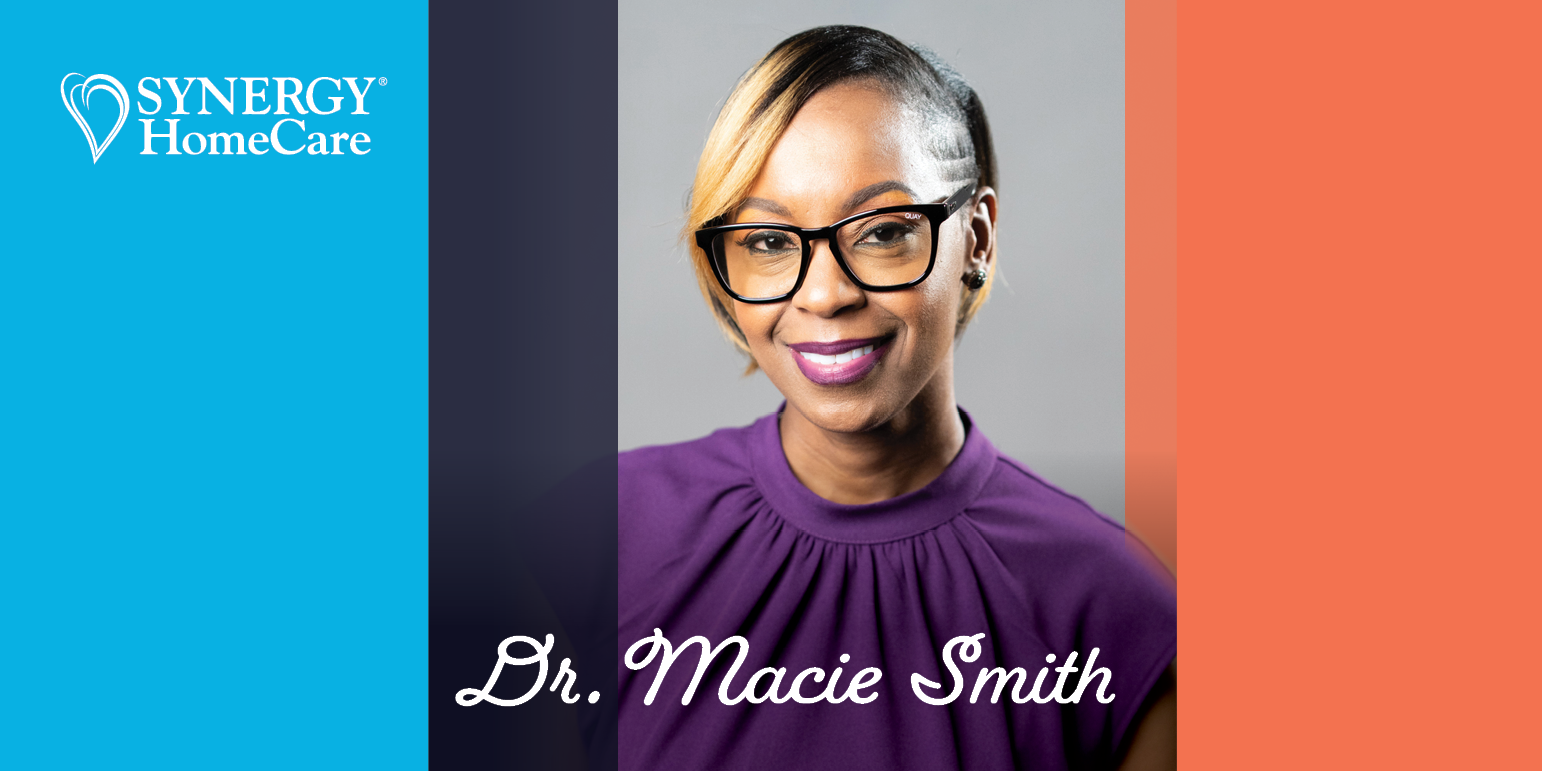Multigenerational households with three or more generations living in the same home are on the rise, according to the Pew Research Center.
In fact, today about one in five Americans lives in a multigenerational home. Growth of multigenerational homes accelerated during the financial crisis between 2007 and 2009 and revved up again during the pandemic.
Multigenerational households, where adult children and their elderly parents cohabit, are becoming an increasingly popular trend. Factors such as extended lifespans, worries about outliving retirement funds, and tough economic conditions continue to fuel the shift towards multigenerational living.
Multigenerational living’s connection to caregiving
Multigenerational living is also supporting family caregivers and their older loved ones. According to the Pew Research Center:
•A third of U.S. adults in multigenerational households say caregiving is a major reason for their living arrangement, including 25% who cite adult caregiving and 12% who cite childcare.
•A quarter of adults in multigenerational households say caregiving actually is occurring in their homes, either in the form of personal care for another adult in the household or in the form of care for a child younger than 18 who is not the caregiver’s own child.
•More adults living in multigenerational households say the experience has been very positive (30%) or somewhat positive (27%) than say it has been somewhat negative (14%) or very negative (3%).
•About half or more of those living with adult relatives other than a spouse or partner say it is convenient (58%) or rewarding (54%) all or most of the time. About a quarter (23%) say it is stressful all or most of the time, 40% say it is stressful some of the time and 36% say it is rarely or never stressful.
So what about the benefits of multigenerational living?
•Emotional Support and Companionship – Sharing a home means companionship is built in. That’s especially important for older adults, because social isolation can lead to loneliness, depression and even higher mortality rates. If grandparents and grandkids are living under the same roof, it also allows those two generations to create deeper connections.
•Shared Responsibilities – In a multigenerational home, responsibilities like cooking, upkeep and childcare can be distributed among family members, who might have a particular affinity or talent in those areas. That can cut back on everyone’s workload and stress levels.
•Shared Expenses – Sharing mortgage payments, utility bills, groceries and other expenses makes homeownership more affordable and frees up money for education, travel, hobbies and investments.
What does multigenerational living look like?
Multigenerational housing designs come in different forms. They may include two master suites, a mother-in-law suite built like a small apartment, a detached accessory dwelling unit, or a private dwelling attached to the main home.
•First-floor bedrooms with their own showers are often essential for seniors with mobility issues. Additional rooms give people more space and privacy. Having a space where everyone can gather for family activities is also important.
•Homeowners can renovate existing homes, adding interconnecting doors and expanding to include attached secondary suites.
Opting for a multigenerational household can be a beneficial choice for family caregivers, particularly those belonging to the sandwich generation. Sharing a home with your kin can enhance familial bonds, offer financial advantages to all, and instill a sense of comfort knowing that every family member is cared for.
Dr. Macie P. Smith is a licensed gerontology social worker who is focused on helping families support their aging loved ones through long-term care. Specifically, Dr. Smith educates caregivers on how to care for seniors with dementia. She is an advocate for specialized care and assists others in finding a way to provide a better quality of life for individuals with Alzheimer’s or dementia. Dr. Smith has dedicated over 22 years of her life working in gerontology and assisting families in finding personalized solutions for dementia care. For more articles by Dr. Macie Smith, go to https://synergyhomecare.com/blog/.
___________
SYNERGY HomeCare offers no obligation home assessments. Find a location near you or contact us.
